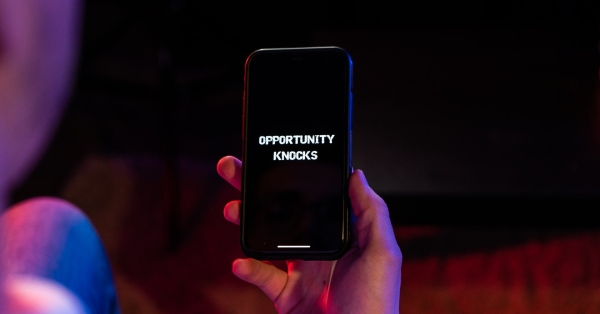As the EU states, grants are: “direct financial contributions from the European Union budget awarded by way of a donation to third-party beneficiaries (usually non-profit-making organizations) engaged in activities that serve EU policies.”

Grants are essentially non-refundable and most of the time, there might be certain waiting periods before the beneficiary is able to take ownership of the whole financial amount.
Grants are based on the costs of the beneficiaries for carrying out certain activities – either educational, research related, or others, and the results of their action remain the property of the beneficiaries. Grants are rarely allocated for just ‘starting a business’, as they usually come to contribute to a specific project or for the development and growth of a business.
Usually, every project that offer non-refundable financing works differently – for example, in some cases, you need to co-finance a certain percentage on the project, which means that the grant doesn’t always cover all the needs of your business.
There are certain aspects you need to consider before applying:
- When the payment of the grant will be made – check if the full sum will be transferred or you’ll receive only parts of it.
- The criteria that juries follow when evaluating projects’ applications (which you need to first understand very well, then apply)
- The documents and other legal proof you might need (both in the beginning of the process, and after receiving the funding).
Where can you find the open calls & projects
For those calls funded through EU initiatives or schemes, you can search all the active/open calls & project in all fields on the EU’s official website:
There are multiple filters in the search section that you can use to actually find the most suitable project for you. The EU is usually translating almost all their website pages and sections into other official EU languages, besides English, as well as the official documents that you need to submit if you apply for a call or project.
If you need further details or specific information, it’s recommended to:
- check the FAQ section for each project
- the extra Q&A answers or additional criteria for eligibility (if applicable)
If you still cannot find the answer to your question, the website provides a Contact section with all EU’s general contact details, a specific staff member or department info.
You also have access to a contact list with all the institutions, bodies & agencies of the EU.
They EU also provides a list of all the Local Commission Representations for each State Member that you can get in contact with. You can find the list here:
For individual open calls that are privately funded (coming from companies, foundations, organizations or other initiatives), all the information you need is usually included on the website, either through step-by-step lists or gathered in an official guide that you can download or read on the official website. Most organizations, foundations or other institutions have a ‘Contact’ section on their website where you can find an e-mail address and/or a telephone number that you can contact.
There are certain organizations, publications (mostly online) or sources in each country that map out open calls for projects and funding opportunities for the cultural & creative sectors, so look for those local institutions that have this kind of initiatives. Make sure you are subscribed to at least few online publications that are active in the creative field, so that you can stay in touch with anything new.
Terms and conditions
All European citizens benefit directly or indirectly from the EU budget. It was created to help millions of students, thousands of researchers and many cities, regions and non-profit organizations, so any EU citizen can apply to grants, only depending on the nature of their business or project.
EU funding is available for any size of enterprise in any sector including entrepreneurs, start-ups, micro companies, small and medium-sized enterprises (SMEs), and larger businesses. Here are all the common beneficiary profiles. You can find all the criteria and what are the conditions under which you can apply to an open call or opportunity.
Some general eligibility aspects you should consider before applying:
- The size of your business. The grant might only be available to a limited liability company, for example, or to a business with a certain number of employees (either smaller or bigger teams).
- A clear purpose - so you need to have a clear vision where will you invest the grant money.
- Geographical location. There are either regional or international grants, but you need to keep in mind that some markets or locations might be more competitive than others.
- Your domain/industry of activity, as most grants are pretty specific, and only available for certain industries/domains/sectors.
After you have determined if you are eligible by fulfilling the criteria indicated in the specific call, you might need to register in a specific database – you will find this information in the specific call guidelines which will specify whether and how you need to do that.
For grants, if your project proposal is eligible, the selection process usually starts with independent experts that will evaluate your proposal and score it against selection and award criteria.
Applying to the grant by yourself or working with a consultant – things to consider (short term & long term)
Having an external consultant who might help you through the process might be crucial. For start-ups though, it’s not a viable option mainly because of the costs involved in contracting a specialist and the fear that you cannot anticipate if the investment in such experts is worth it.
There are consistent advantages on both short, and long term:
- External consultants could take up difficult tasks that might take up more resources from you, and execute them faster, better, so you can focus on other aspects.
- Experts have more experience in documenting on certain types of projects and they are
- They can also deal with all the documents and legal aspects that usually take so much time.
- They might offer you a long-term overview on how the project will be implemented, monitor it and take care of all the other obligations that might eventually appear after the project has ended.















